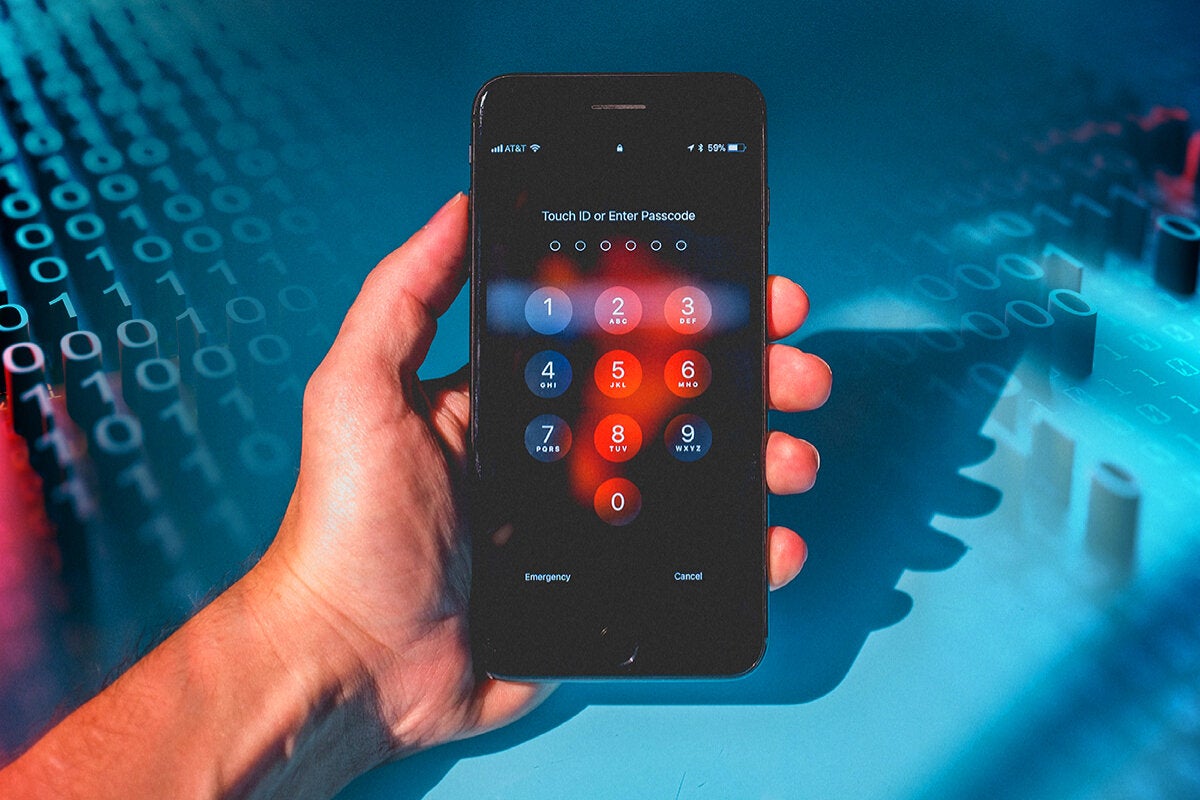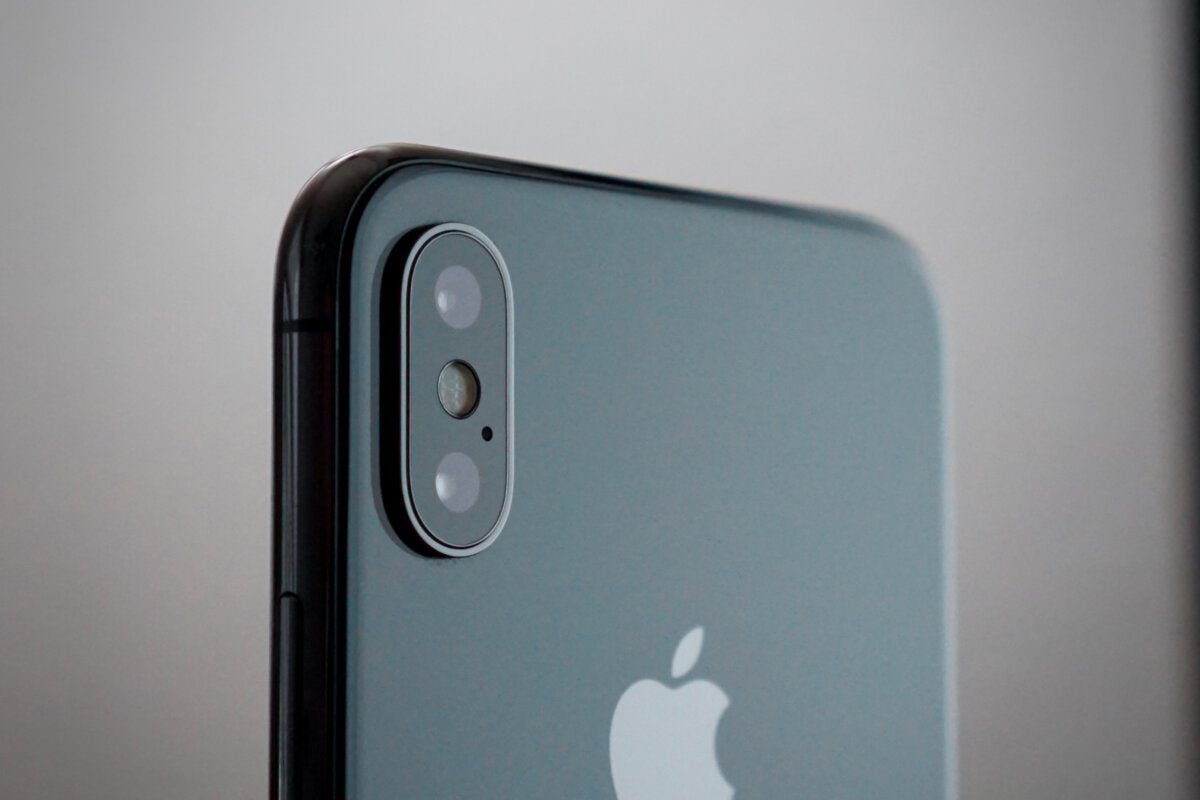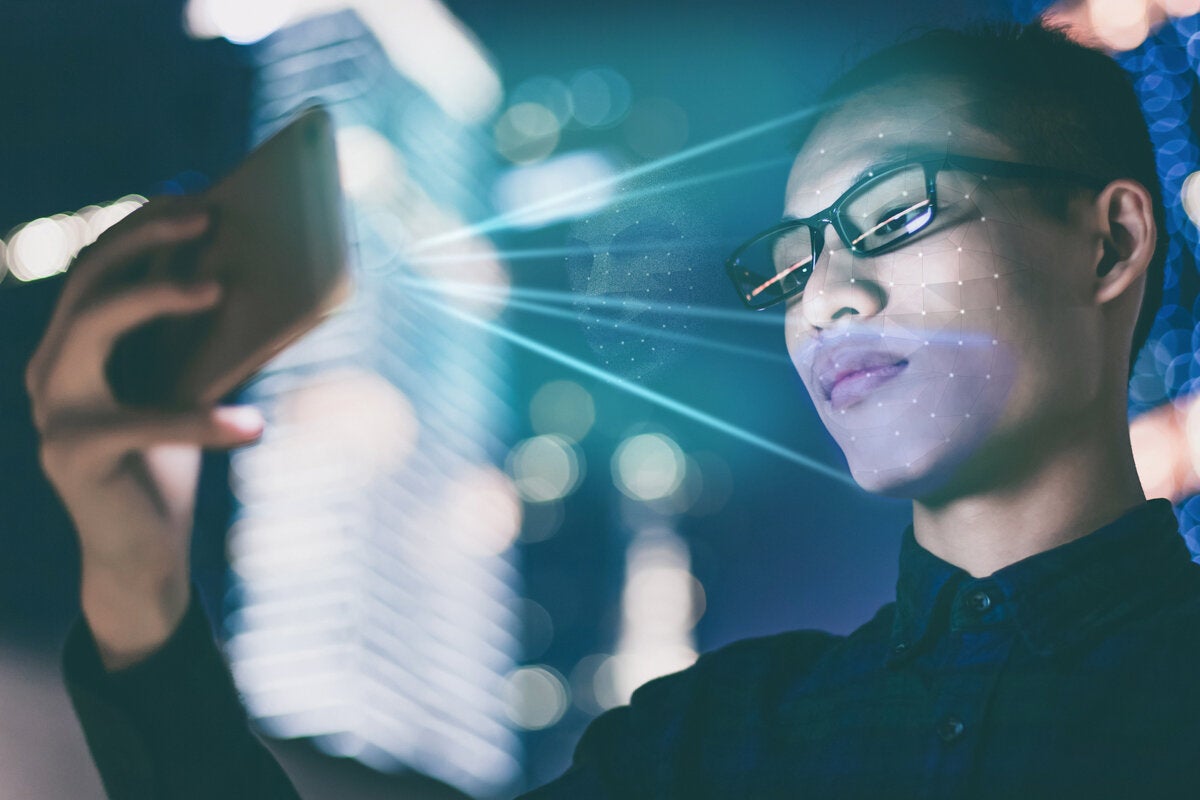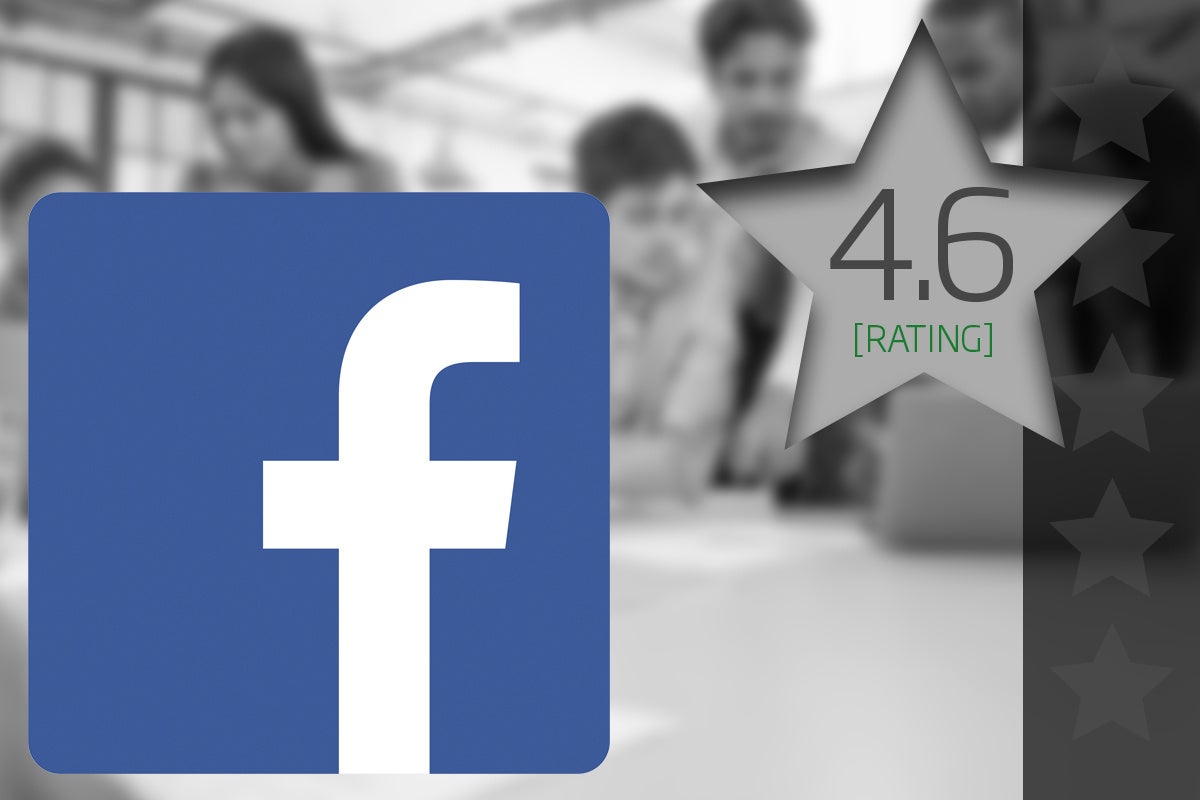How to use a strong passcode to better secure your iPhone

Credit to Author: Lucas Mearian| Date: Wed, 18 Apr 2018 12:32:00 -0700
With police departments and federal agencies lining up to buy technology from two companies whose products can bypass iPhone security mechanisms, experts said users concerned about privacy should use a strong passcode to help prevent unwanted access to data.
That’s also true for enterprise users with iPhones that access potentially sensitive coporate data.
Simply put, complex passcodes are always better for security, according to Phil Hochmuth, IDC’s program director for enterprise mobility. Common best practices for creating a hard-to-crack passcode includes using both upper- and lower-case characters, numbers and uncommon words.






